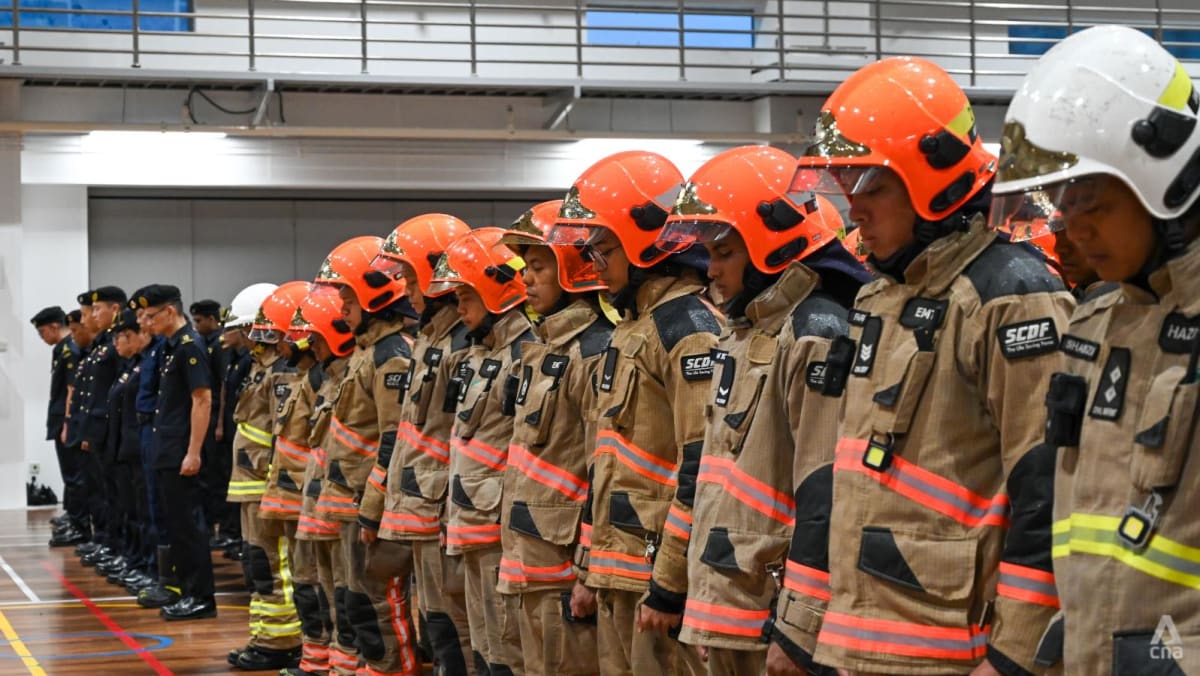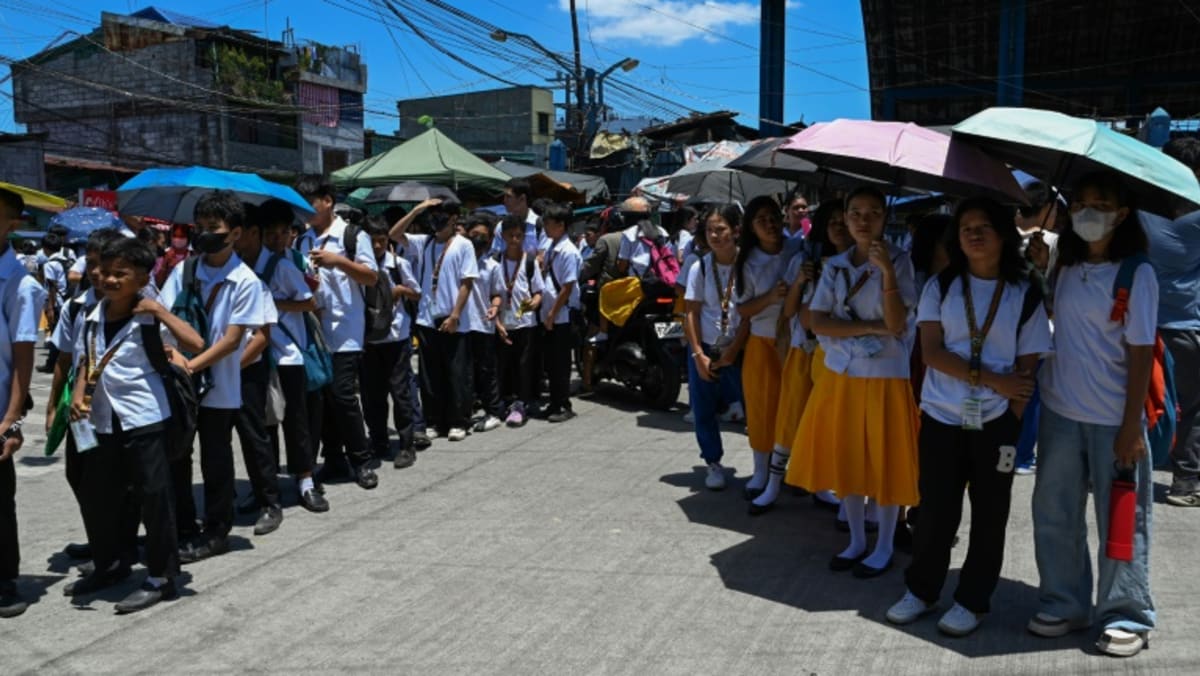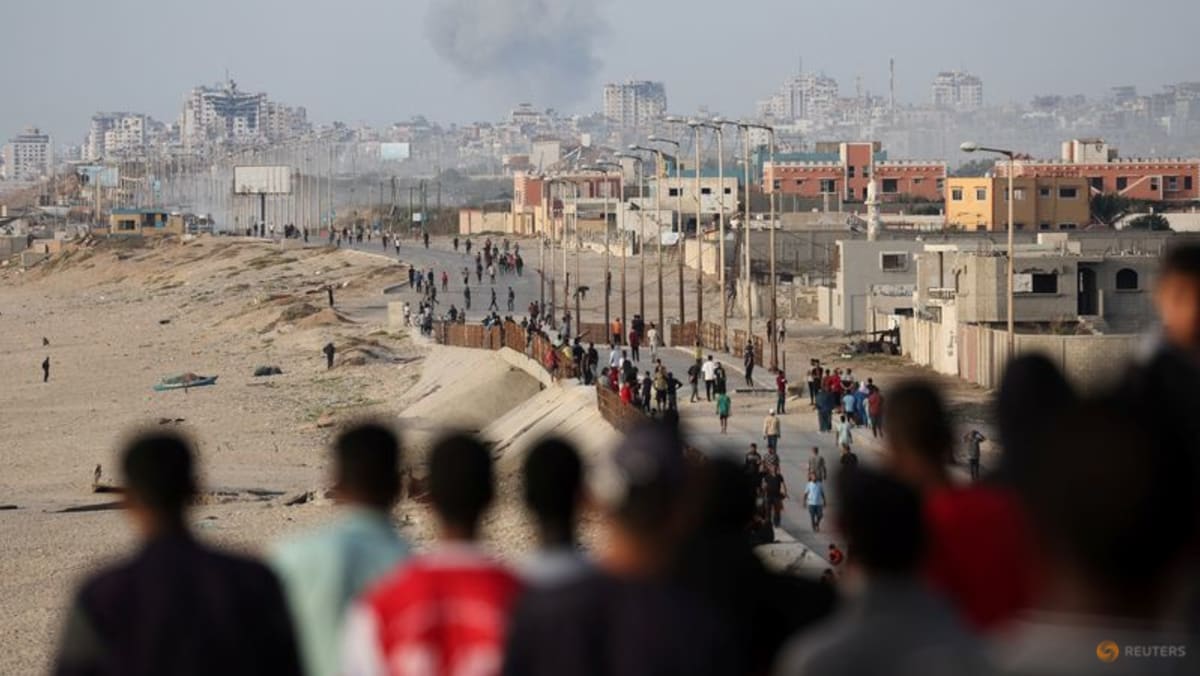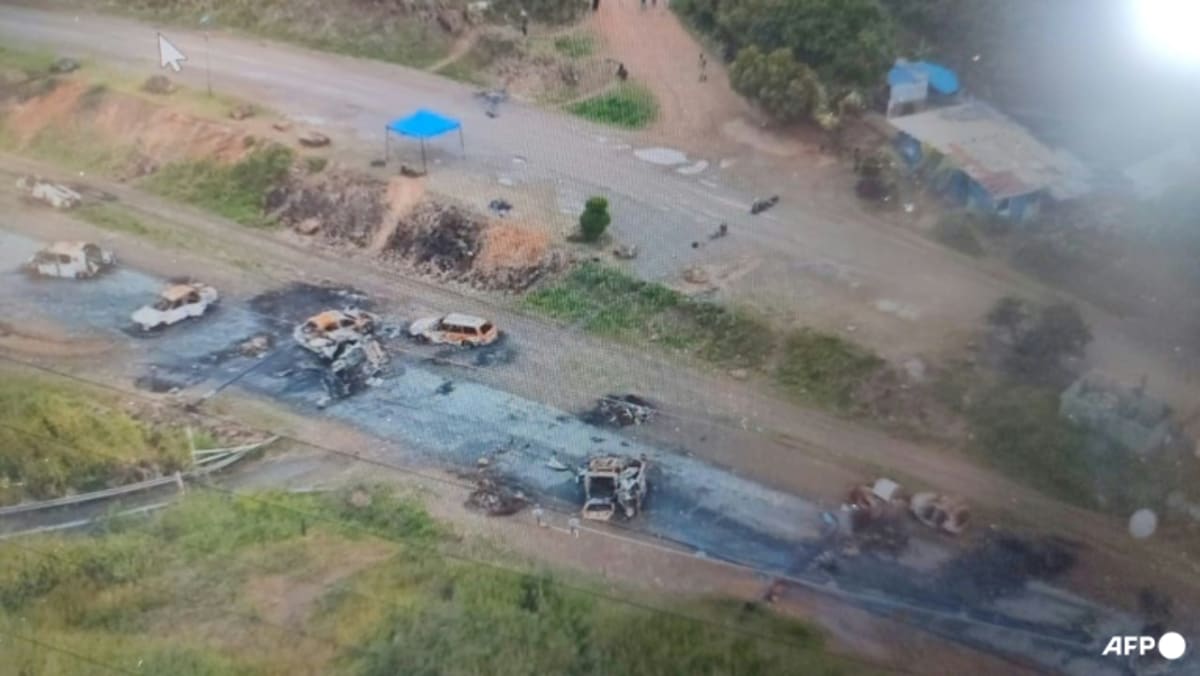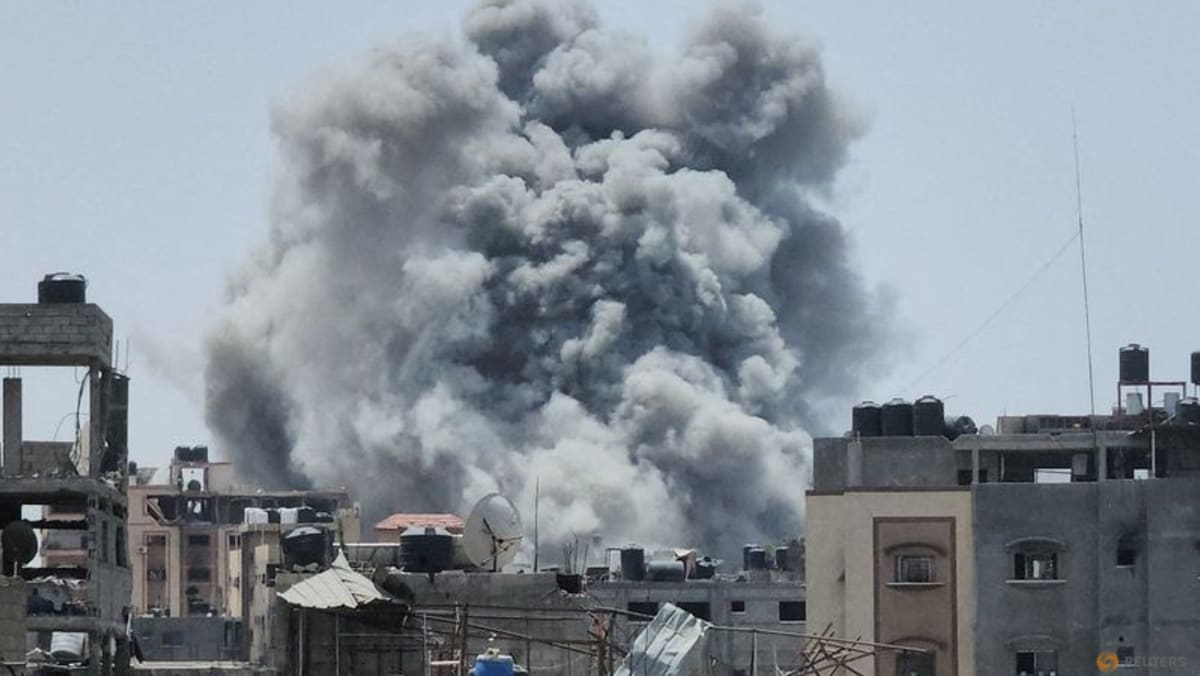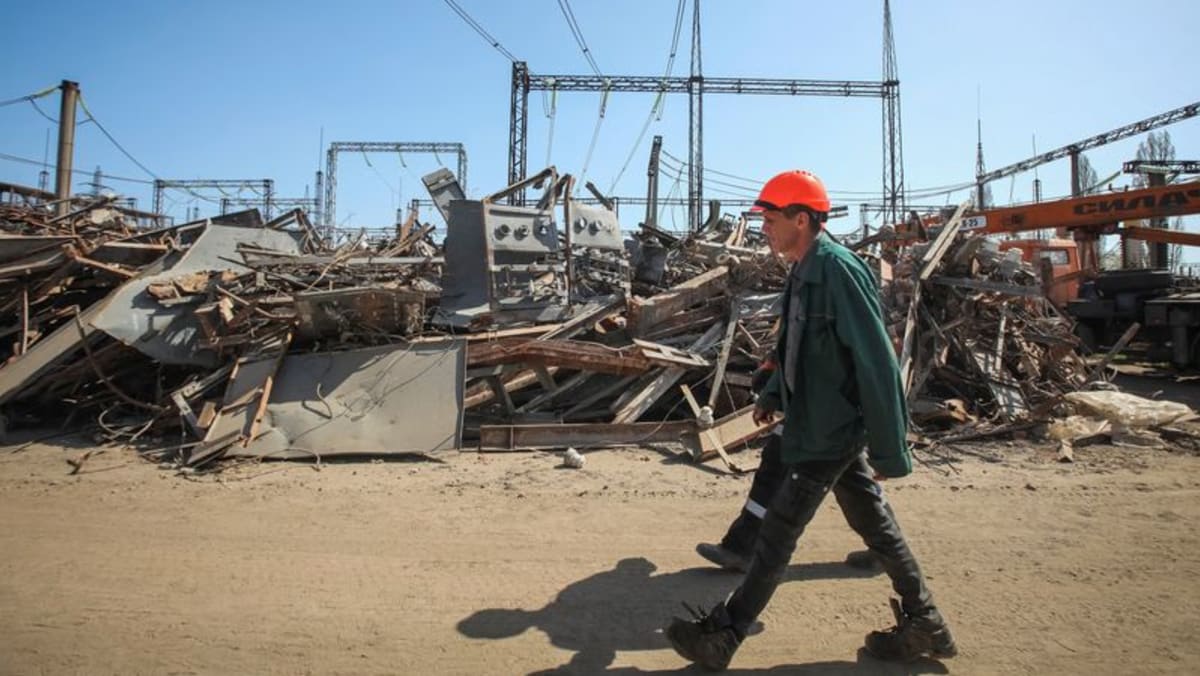POOREST HIT HARDEST
April marked the 11th straight month of record global heat and the pattern is clear in Bangladesh, said Shumon Sengupta, country director for non-governmental organisation (NGO) Save the Children.
“Not only are the temperatures higher, the duration of the high temperatures is much longer,” he told AFP.
“Previously, few areas used to have these heatwaves, now the coverage of the country is much higher,” he added.
Schools across much of Asia are simply not equipped to deal with the growing consequences of climate change.
Bangladesh’s urban schools can be sturdy, but are often overcrowded, with little ventilation, said Sengupta.
In rural areas, corrugated metal roofs can turn classrooms into ovens and electricity for fans is unreliable.
In Bangladesh and elsewhere, students often walk long distances to and from school, risking heatstroke in the process.
But closing schools comes with serious consequences, “particularly for children from poorer, vulnerable communities who do not have access to resources such as computers, internet and books”, said Salwa Aleryani, UNICEF’s health specialist for East Asia and the Pacific.
Those children “are also less likely to have better conditions at home to protect them during heatwaves”.
They may be left unsupervised by parents who cannot afford to stay home and school closures put children at higher risk of child labour, child marriage and even trafficking, said Sengupta.
